The U.S. response to the COVID-19 pandemic has been reckless and uncoordinated, leading to the country’s current status as the global epicenter of the pandemic. As of April 7, confirmed cases in the United States surpassed 300,000 with over 10,000 deaths. Without explicit attention to health justice, COVID-19 will reinforce existing health inequities along racial and economic lines. None of us can be assured of wellness until our cashiers, nurses, mechanics, daycare workers, sanitation workers, stay-at-home parents, retirees, hairdressers, home health care aides, doctors, scientists, pastors, cooks, school teachers, grandparents, college students, truck drivers, artists, city council members, and factory workers are assured of humane work conditions, economic security, housing, and healthcare.
This committee affirms the core principles of the Poor People’s Campaign: A National Call for Moral Revival and the demands outlined by its petition Poverty Amidst Pandemic: A Moral Response to COVID-19 which address the historical structural drivers of the inequities that are beginning to emerge. To mitigate the spread of the virus, everyone must have access to free and respectful medical testing, a safe place to recover, and high-quality medical treatment. Six priority action areas can help ensure an equitable, just, and moral response to this pandemic.
- Hospitals and health departments around the country must begin reporting COVID-19 cases by race/ethnicity, income/wealth, and other relevant demographics, including geography. This is the only way to identify health inequities and address the need of the most impacted populations. Failure to do so masks underlying disparities and hampers efforts to ensure prevention efforts are equitable.
- Testing and treatment must be significantly expanded and be accessible to all, including the uninsured and underinsured, poor communities and communities of color with limited healthcare access, and all immigrants, so as to not perpetuate existing inequities. Limited, patchwork and private laboratory testing has led to early testing occurring primarily in hospital settings and among those with financial resources. The uninsured and underinsured, communities of color, as well as undocumented immigrants. are less likely to seek care, even with severe symptoms, especially with reports of “free testing” being paired with a hospital bill of thousands of dollars for actual treatment.
- Protection of frontline workers must include all who contribute to patient care and all those who provide other essential services. Healthcare personnel, first responders, and all other essential workers must have appropriate protection. Workers in essential jobs concentrated among poor and marginalized racial groups, including employees at grocery stores, gas stations, pharmacies, waste management, shipping warehouses, and food establishments — likely come into contact with many cases by virtue of their jobs; however, they are not privy to people’s COVID status, have limited PPE, and are less likely to have access to quality health insurance or the wealth to access private testing with fewer mandated criteria.
- Efforts must consider the unique challenges of individuals in congregate settings such as prisons and jails, detention centers, and homeless shelters who are at increased risk due to crowded and unsanitary conditions and lack of access to medical treatment. Appropriate personal protective equipment and universal access to testing should be available to all incarcerated persons and to people who work there. Reducing the size of populations in such settings is the only certain way to reduce risk. Release of as many people as possible from correctional facilities, while providing additional medical and housing support, must be prioritized.
- Rationing of care decisions must ensure that the poor and people of color are not denied equal access to care and that criteria do not replicate past and ongoing discrimination. Current discussion of guidelines for access to ventilators and ICU beds use comorbid conditions, future life expectancy and status as health and public safety workers as the key determinants — all of which disadvantage the poor and people of color. Higher disease burdens and shorter life expectancies among people of color and the poor reflect social failures, not personal ones.
- Enforcement mechanisms of public health measures such as quarantines, curfews, or other mandatory social isolation orders should not involve armed personnel. The militarization of the COVID-19 response is both counterproductive from a containment perspective, and can exacerbate existing inequalities and put communities of color and immigrants, who have, and continue to experience, excessive surveillance and violence at the hands of police, at increased risk.
